Definitions
What is a Tonic Herb in Chinese Medicine
In Chinese Herbal Medicine (CM), a tonic is a type of herbal medicine that is believed to nourish and strengthen the body. It is typically used to improve overall health and vitality, and is thought to have a tonic effect on the body.
In Chinese Herbal Medicine, tonics are classified according to the effects they are believed to have on the body. There are several different types of tonics, including:
- Qi tonics: These tonics are believed to nourish the body's vital energy, or qi, and are often used to help improve overall energy levels and stamina.
- Blood tonics: These tonics are believed to nourish the blood and help to improve circulation. They are often used to help treat anemia and other conditions related to blood deficiency.
- Yin tonics: These tonics are believed to nourish the body's yin energy, which is associated with moisture, cooling, and nourishment. They are often used to help treat conditions related to yin deficiency, such as dryness, heat, and irritability.
- Yang tonics: These tonics are believed to nourish the body's yang energy, which is associated with warmth, activity, and transformation. They are often used to help treat conditions related to yang deficiency, such as coldness, weakness, and sluggishness.
There are several qualities and rules that are typically associated with tonic herbs in Chinese Herbal Medicine:
- Tonic herbs are typically considered to be nourishing and strengthening to the body, rather than having a specific therapeutic effect on a particular organ or system;
- Tonic herbs are typically taken over a longer period of time, rather than being used for a short-term treatment;
- Tonic herbs are typically used to prevent illness and promote overall health, rather than being used to treat specific health conditions;
- Tonic herbs are typically taken at lower doses than other herbs and are believed to have a gentler action on the body;
- Tonic herbs are typically considered to be safe and well-tolerated, with few side effects.
Overall, tonics are an important aspect of Chinese Herbal Medicine, and are often used as a way to help improve overall health and vitality. They are typically taken as part of a longer-term treatment plan, and are often combined with other herbs to create tailored treatment formulas.
What are Adaptogenic Herbs and Adaptogens
Adaptogenic herbs and Adaptogens are plant-based Phyto-Therapeutics that are believed to help the body adapt to stress. The concept of adaptogenic herbs comes from traditional medicine.
Adaptogenic herbs are believed to work by helping to regulate the body's stress response, improving the body's ability to handle stress, and promoting overall balance in the body. Some examples of herbs that are sometimes referred to as adaptogenic herbs include Ashwagandha, American and Chinese Ginseng, and Pine Pollen.
The term "adaptogen" was coined in the mid-20th century by Russian scientist Nikolai Lazarev, who defined an adaptogen as a substance that increases the body's resistance to stress, trauma, and anxiety. Lazarev's definition of an adaptogen included the following characteristics:
- It must be non-toxic to the recipient;
- It must have a normalizing effect on the body, regardless of the direction of change;
- It must have a broad spectrum of action, meaning it can affect multiple systems in the body;
- It must have a rapid onset of action.
There is scientific evidence to suggest that certain adaptogenic herbs may have a number of potential health benefits, including reducing fatigue and improving cognitive function. More studies are needed to fully understand the benefits, effects, and potential uses of Adaptogens.
What is the Difference Between Tonic Herbs and Adaptogenic Herbs?
In Chinese Herbal Medicine, including branches of Classical Chinese Medicine and Traditional Chinese Medicine, a tonic herb is a substance that nourishes and strengthens the body. Tonic herbs are believed to have a general restorative effect on the body and are often used to promote overall health and well-being.
Examples of tonic herbs include American and Chinese Ginseng, Astragalus, and Reishi mushroom.
Adaptogenic herbs, on the other hand, are a class of herbs that are believed to help the body adapt to stress. Adaptogenic herbs are believed to work by helping to regulate the body's stress response, improving the body's ability to handle stress, and promoting overall balance in the body. As mentioned above, examples of adaptogenic herbs that are sometimes referred to as adaptogenic herbs include include Ashwagandha, American and Chinese Ginseng, and Pine Pollen.
There is some overlap between the two categories, as some herbs may be considered both tonic and adaptogenic. For example, gGinseng is often referred to as both a tonic herb and an adaptogenic herb, and we condider Pine Pollen to offer both Adaptogenic and Tonic effects.
American Ginseng (Panax quinquefolius)
 American Ginseng (Panax quinquefolius is a perennial herb native to eastern North America with a long history of use in both Western herbalism and Chinese medicine, where it is known as Xi Yang Shen, 西洋参). American Ginseng is believed to have various medicinal properties and is used to treat various health conditions in both systems of medicine.
American Ginseng (Panax quinquefolius is a perennial herb native to eastern North America with a long history of use in both Western herbalism and Chinese medicine, where it is known as Xi Yang Shen, 西洋参). American Ginseng is believed to have various medicinal properties and is used to treat various health conditions in both systems of medicine.
In Western herbalism, American Ginseng is often used as a tonic to improve overall health and vitality. It is believed to have adaptogenic properties, which can help the body adapt to physical and emotional stress. American Ginseng is also thought to have immune-boosting and anti-inflammatory effects, and it has traditionally been used to treat fatigue, stress, and anxiety.
In Classical Chinese Medicine and Traditional Chinese Medicine (TCM), American Ginseng is classified as a tonic for Qi deficiency. These tonics are used to treat patterns of deficiency, when an individual lacks one of the four treasures: Qi, blood, Yin, or Yang. Qi tonics are typically sweet and are believed to affect the spleen and lungs, which are essential for the production of Qi.
American Ginseng is considered a Yin tonic, meaning it is believed to nourish and balance the Yin energy and is thought to have a calming effect on the body. It is commonly used to treat fatigue, weakness, and insomnia. American Ginseng is also believed to have immune-boosting and anti-inflammatory properties and is sometimes used to treat respiratory infections and digestive issues.
Ashwagandha (Withania somnifera)
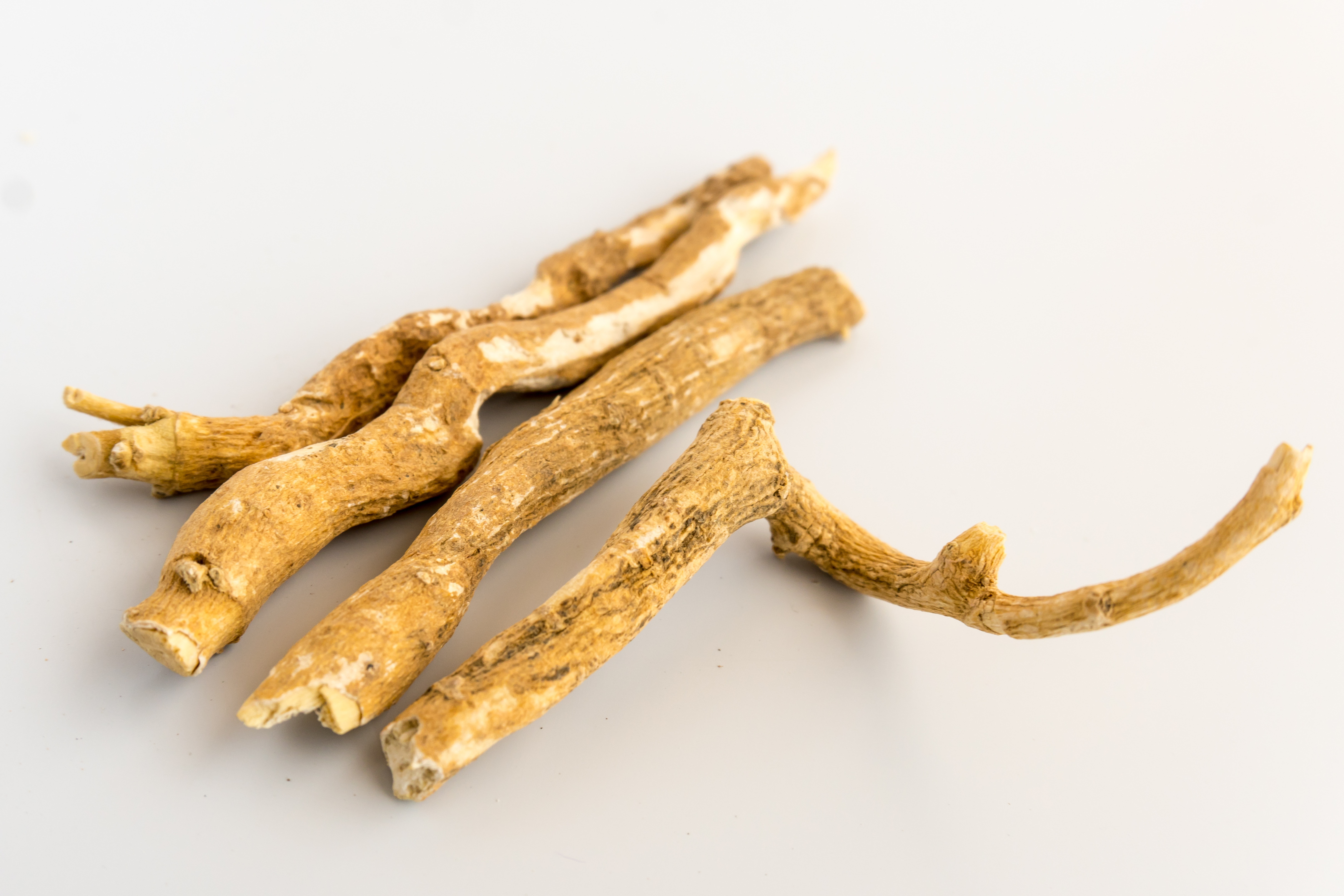 Ashwagandha (Withania somnifera) is a perennial herb native to the dry regions of India, the Middle East, and North Africa. It has a long history of use in Ayurvedic medicine, the traditional medicine system of India. Ashwagandha is known by various common names, including "Indian ginseng" and "winter cherry."
Ashwagandha (Withania somnifera) is a perennial herb native to the dry regions of India, the Middle East, and North Africa. It has a long history of use in Ayurvedic medicine, the traditional medicine system of India. Ashwagandha is known by various common names, including "Indian ginseng" and "winter cherry."
In Ayurveda, Ashwagandha is considered a "rasayana," a class of herbs believed to promote physical and mental health, increase lifespan, and improve resistance to stress. Ashwagandha is traditionally used to treat various health conditions, including anxiety, stress, insomnia, and low energy. It is also used as a general tonic to improve overall health and well-being.
Some scientific evidence supports the use of Ashwagandha for treating anxiety and stress. A review of clinical trials found that Ashwagandha may effectively reduce stress symptoms, including anxiety, insomnia, and fatigue. Another review of clinical trials found that Ashwagandha may effectively reduce anxiety and improve mental function in people with anxiety disorders.
Ashwagandha is also believed to have immune-boosting and anti-inflammatory effects and is sometimes used to treat respiratory infections and digestive issues.
Some scientific evidence supports the use of Ashwagandha to treat low testosterone levels in men. A study published in the Journal of the International Society of Sports Nutrition found that supplementing with Ashwagandha for eight weeks significantly increased testosterone levels in men engaged in resistance training. Another study published in the Journal of the American Medical Association found that Ashwagandha effectively increased testosterone levels in men with low sperm count.
Chinese Ginseng (Panax ginseng)
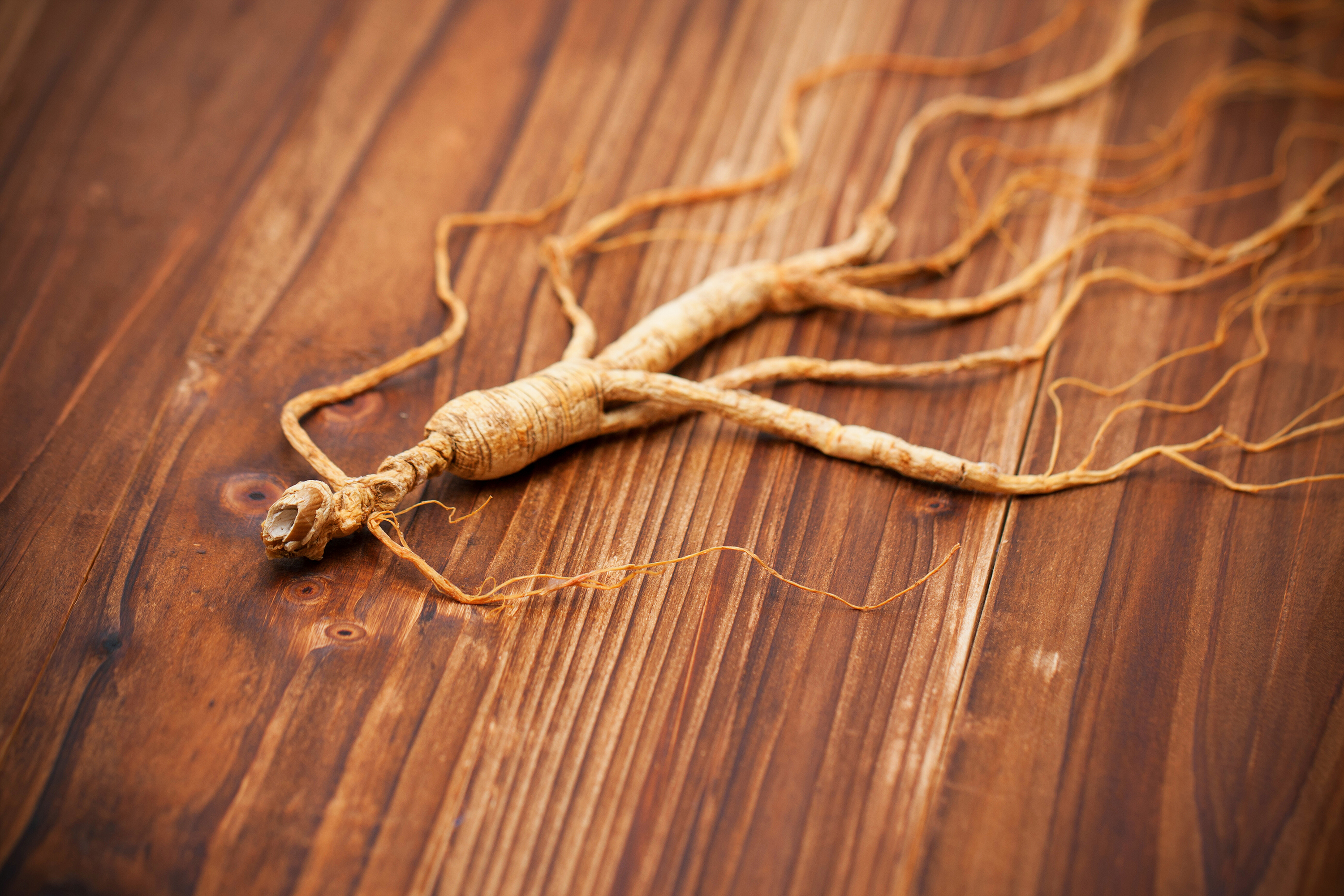 Chinese Ginseng (Panax ginseng) is a perennial herb native to eastern Asia. It has a long history of use in traditional Chinese medicine and has been used for centuries to treat many health conditions. Chinese Ginseng is known by a variety of common names, including "Korean ginseng," "red ginseng," and "Asian ginseng."
Chinese Ginseng (Panax ginseng) is a perennial herb native to eastern Asia. It has a long history of use in traditional Chinese medicine and has been used for centuries to treat many health conditions. Chinese Ginseng is known by a variety of common names, including "Korean ginseng," "red ginseng," and "Asian ginseng."
In traditional Chinese medicine, Chinese Ginseng is classified as a "tonic" herb and is believed to improve overall health and well-being. It is traditionally used to treat fatigue, stress, anxiety, and low energy. Chinese Ginseng is also believed to have immune-boosting and anti-inflammatory effects and is sometimes used to treat respiratory infections and digestive issues.
Some scientific evidence supports the use of Chinese Ginseng for treating male reproductive health issues, including low testosterone levels. A study published in the Journal of the International Society of Sports Nutrition found that supplementing with Chinese Ginseng for eight weeks significantly increased testosterone levels in men engaged in resistance training. Another study published in the Journal of the American Medical Association found that Chinese Ginseng was effective at increasing testosterone levels in men with low sperm count.
Chinese Ginseng is also believed to have benefits for male reproductive health in other ways. It is thought to improve erectile function and increase sperm production and motility.
Dan Shen (Salvia miltiorrhiza) Dan Shen
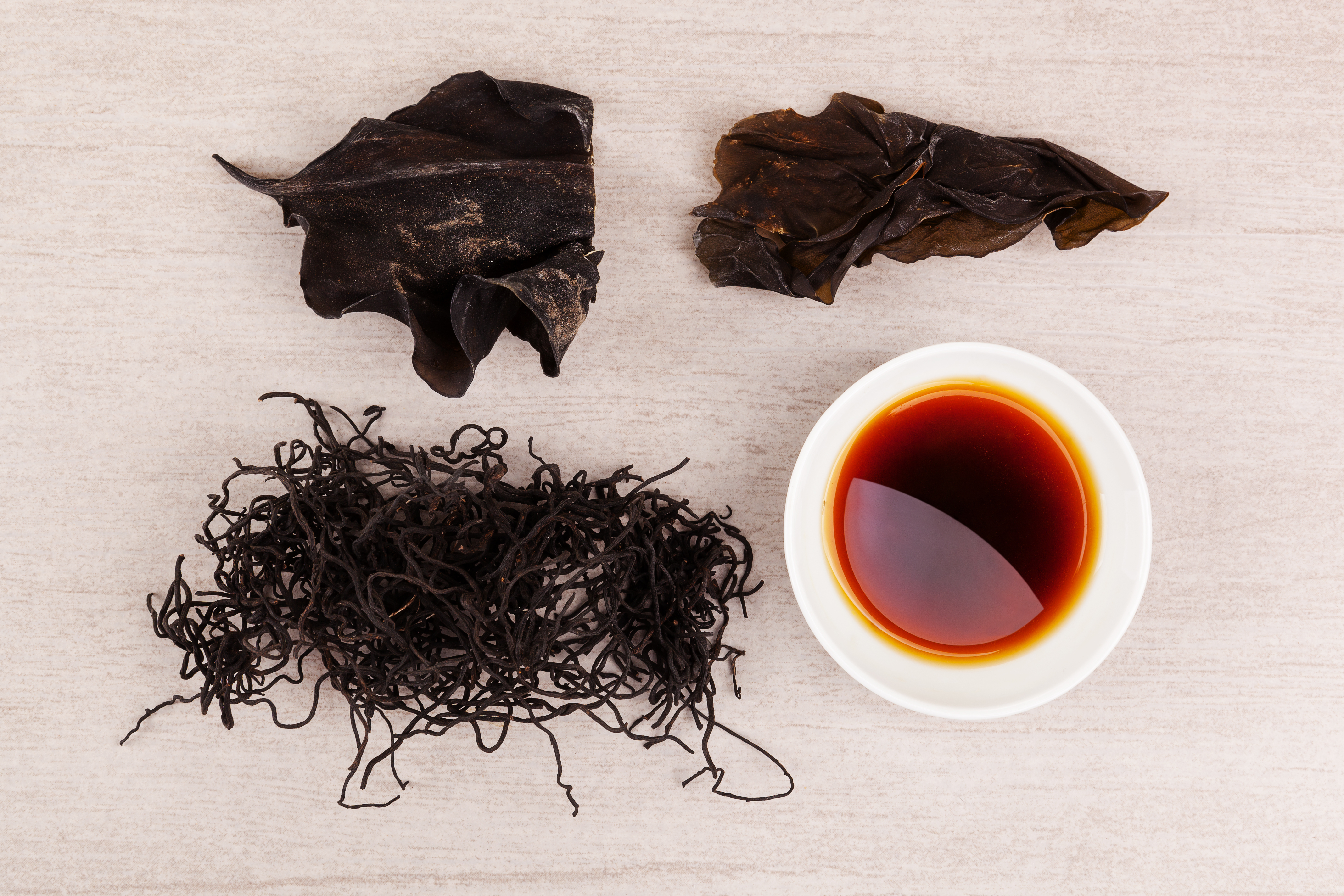 Dan Shen (Salvia miltiorrhiza) is a perennial herb native to China, Japan, and Korea. It has a long history of use in traditional Chinese medicine, where it is known by a variety of common names, including "red sage," "Chinese sage," and "danshen."
Dan Shen (Salvia miltiorrhiza) is a perennial herb native to China, Japan, and Korea. It has a long history of use in traditional Chinese medicine, where it is known by a variety of common names, including "red sage," "Chinese sage," and "danshen."
In traditional Chinese medicine, Dan Shen is classified as a "cooling" herb and is believed to have various medicinal properties. It is traditionally used to treat various health conditions, including cardiovascular disease, hypertension, and blood disorders. Dan Shen is also believed to have anti-inflammatory and antioxidant effects and is sometimes used to treat digestive issues, respiratory infections, and skin conditions.
Dan Shen has a rich cultural significance in China, where it has been used for centuries as a natural remedy for various health conditions. It is mentioned in many ancient Chinese texts and has long been considered a valuable medicinal herb.
There is some scientific evidence to support the use of Dan Shen for the treatment of cardiovascular disease. A review of clinical trials found that Dan Shen may effectively reduce the risk of heart attacks and strokes and may help treat hypertension and other cardiovascular conditions. Another review of clinical trials found that Dan Shen may be effective at improving blood flow and reducing the risk of blood clots.
Dang Shen (Codonopsis pilosula)
 Dang Shen (Codonopsis pilosula) is a perennial herb native to China, Japan, and Korea. It has a long history of use in traditional Chinese medicine, where it is known by a variety of common names, including "poor man's ginseng," "dangshen," and "codonopsis."
Dang Shen (Codonopsis pilosula) is a perennial herb native to China, Japan, and Korea. It has a long history of use in traditional Chinese medicine, where it is known by a variety of common names, including "poor man's ginseng," "dangshen," and "codonopsis."
In traditional Chinese medicine, Dang Shen is classified as a "tonic" herb and is believed to have various medicinal properties. It is traditionally used to treat various health conditions, including fatigue, stress, low energy, and digestive issues. Dang Shen is also believed to have immune-boosting and antioxidant effects and is sometimes used to treat respiratory infections and skin conditions.
Dang Shen has a rich cultural significance in China, and has been used for centuries as a natural remedy for various health conditions. It is mentioned in many ancient Chinese texts and has long been considered a valuable medicinal herb.
Some scientific evidence supports the use of Dang Shen for treating fatigue and low energy. A review of clinical trials found that Dang Shen may be effective at improving fatigue and increasing energy levels in people with chronic fatigue syndrome. Another study published in the Journal of Ethnopharmacology found that Dang Shen may effectively reduce fatigue and improve physical performance in people with chronic fatigue syndrome.
Eleuthero (Eleutherococcus senticosus)
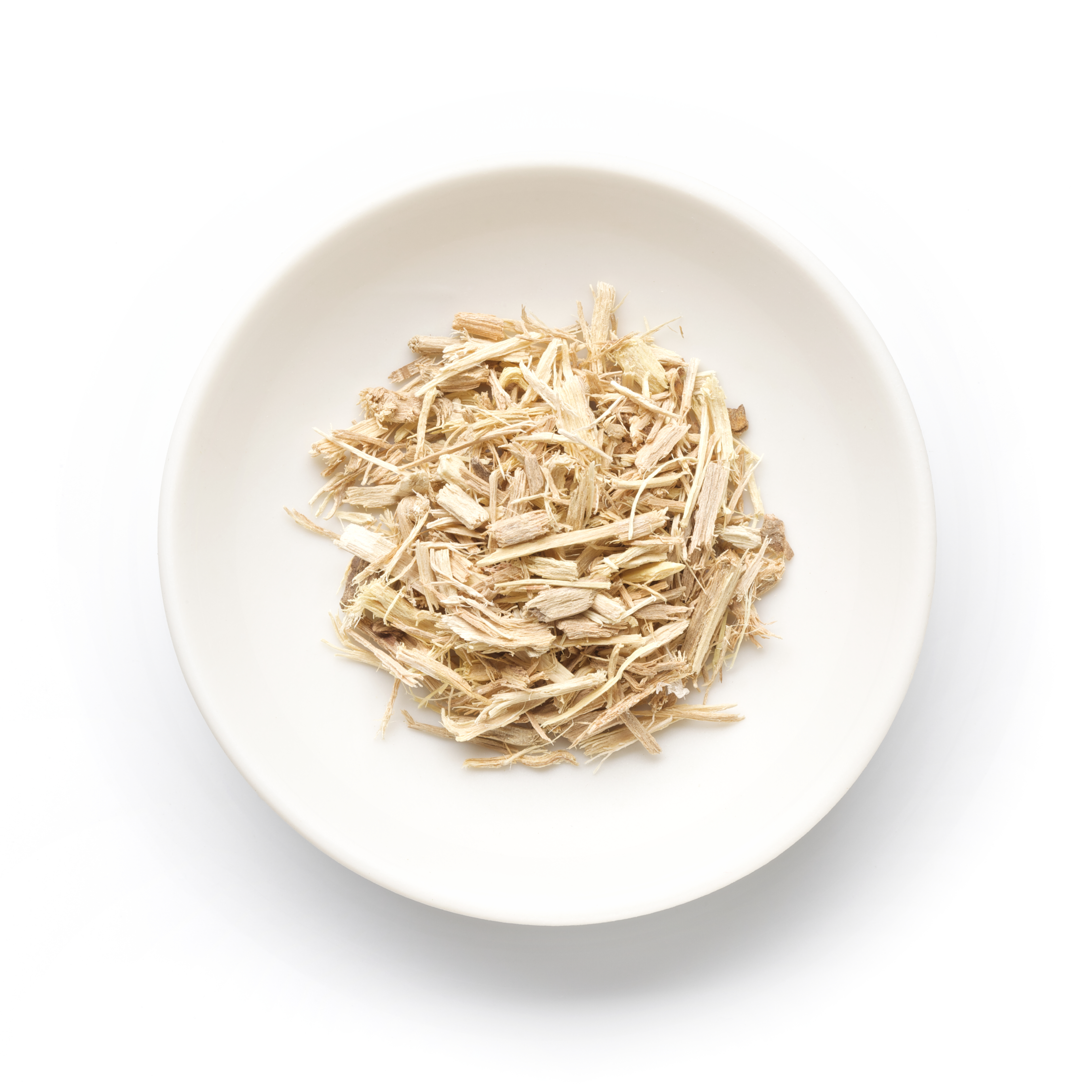 Eleuthero (Eleutherococcus senticosus)is a perennial herb native to Russia, China, and Korea. It has a long history of use in traditional medicine, where it is known by a variety of common names, including "ci wu jia," "eleuthero," and "Siberian ginseng."
Eleuthero (Eleutherococcus senticosus)is a perennial herb native to Russia, China, and Korea. It has a long history of use in traditional medicine, where it is known by a variety of common names, including "ci wu jia," "eleuthero," and "Siberian ginseng."
In traditional medicine, Eleuthero is classified as an "adaptogen" and is believed to have a variety of medicinal properties. It is traditionally used to treat various health conditions, including fatigue, stress, low energy, and immune system support. Eleuthero is also believed to have antioxidant and anti-inflammatory effects and is sometimes used to treat respiratory infections and skin conditions.
Eleuthero has a rich cultural significance in Russia and other parts of Eastern Europe, where it has been used for centuries as a natural remedy for various health conditions. It is mentioned in many ancient texts and has long been considered a valuable medicinal herb.
Some scientific evidence supports the use of Eleuthero for treating fatigue and low energy. A review of clinical trials found that Eleuthero may be effective at improving fatigue and increasing energy levels in people with chronic fatigue syndrome. Another study published in the Journal of Ethnopharmacology found that Eleuthero may effectively reduce fatigue and improve physical performance in people with chronic fatigue syndrome.
Some studies have suggested that Eleuthero may benefit male health and hormone levels. For example, a study published in the Journal of Ethnopharmacology found that Eleuthero may positively affect male reproductive health, including testosterone levels. The study found that Eleuthero improved sexual behavior and increased testosterone levels in male rats.
Another study published in the Journal of Ethnopharmacology found that Eleuthero may positively affect male fertility. The study found that Eleuthero improved sperm quality and increased testosterone levels in male mice.
Ku Shen (Sophorae flavescentis)
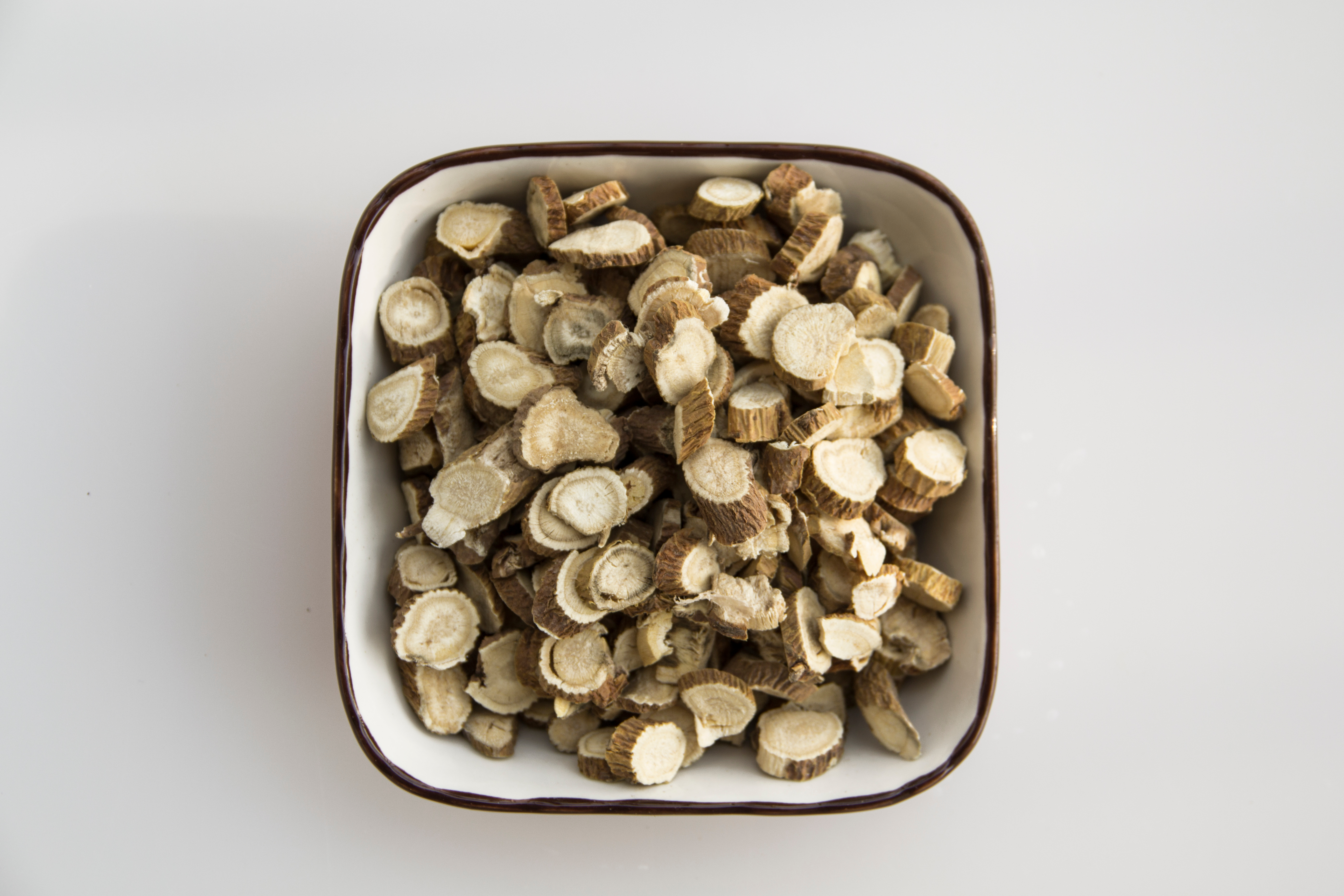 Ku Shen (Sophorae flavescentis) is a plant with a long history of use in traditional Chinese medicine. It is native to China, Japan, and Korea, and is a pea family member. The root of the plant is used medicinally and is thought to have several beneficial effects on the body.
Ku Shen (Sophorae flavescentis) is a plant with a long history of use in traditional Chinese medicine. It is native to China, Japan, and Korea, and is a pea family member. The root of the plant is used medicinally and is thought to have several beneficial effects on the body.
In traditional Chinese medicine, Ku Shen is considered to have a "cooling" effect on the body and is often used to treat conditions associated with heat or inflammation. It is believed to have anti-inflammatory and analgesic properties. It is used to treat various conditions, including skin conditions such as eczema and dermatitis, infections, and pain and swelling.
Ku Shen is also thought to have potential therapeutic benefits in the treatment of cancer. Some studies have suggested that compounds in the plant may have anti-tumor effects and may help to inhibit the growth of cancer cells.
Ku Shen is often included in herbal formulas in traditional Chinese medicine due to its ability to help treat various conditions. It is often combined with other herbs to enhance its effects and to treat specific conditions.
There is also some evidence to suggest that Ku Shen may positively affect male health and testosterone levels. Some studies have found that the plant may help improve men’s fertility and libido.
Tienchi ginseng (Panax notoginseng)
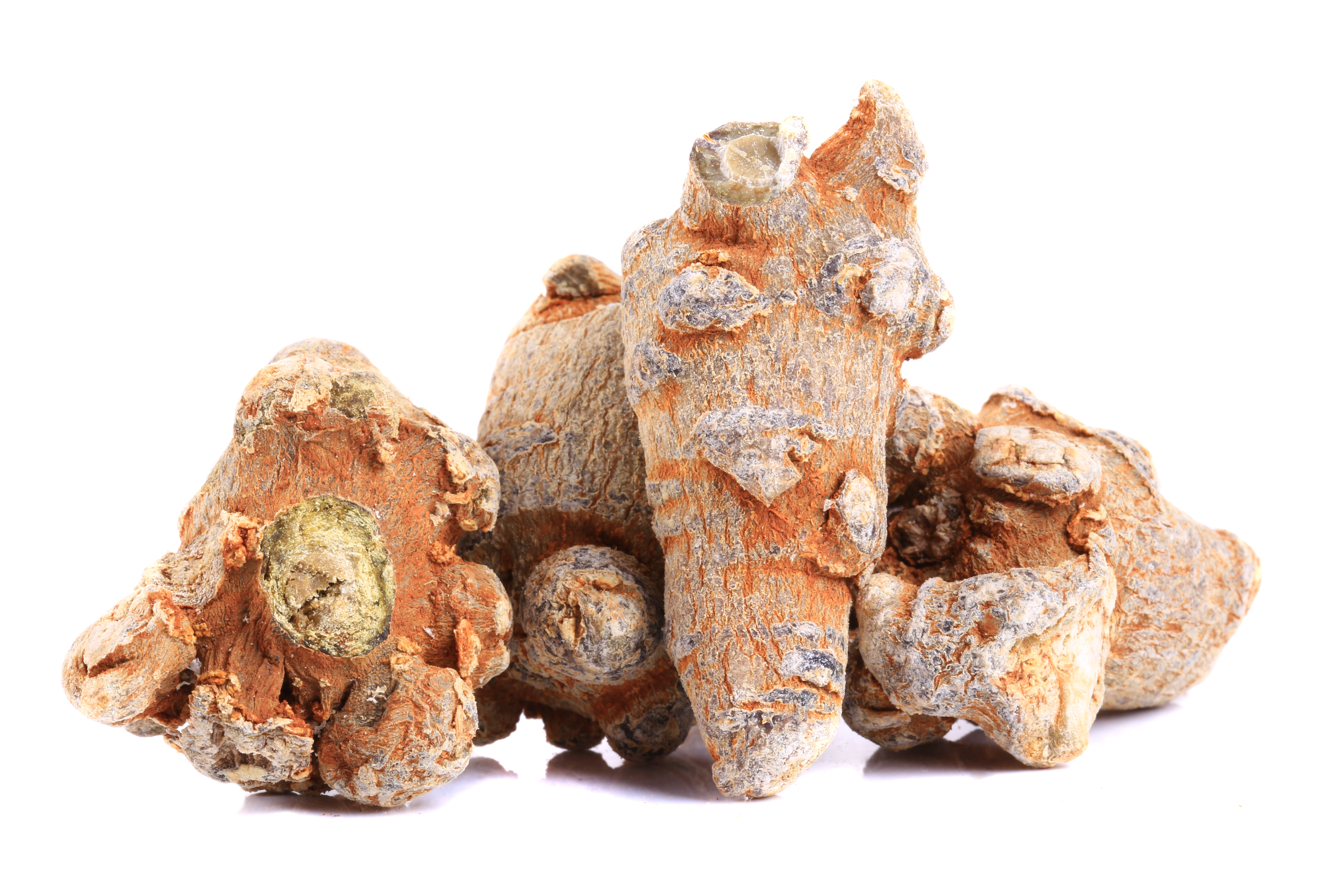 Tienchi ginseng (Panax notoginseng) is a plant that has been used for medicinal purposes for centuries in Classical Chinese Medicine and Traditional Chinese medicine (TCM). It is believed to have a variety of therapeutic effects, including improving circulation, reducing inflammation, and helping to boost the immune system. Tienchi ginseng is also thought to have anti-tumor and anti-oxidant properties, and may be useful in the treatment of a number of different health conditions.
Tienchi ginseng (Panax notoginseng) is a plant that has been used for medicinal purposes for centuries in Classical Chinese Medicine and Traditional Chinese medicine (TCM). It is believed to have a variety of therapeutic effects, including improving circulation, reducing inflammation, and helping to boost the immune system. Tienchi ginseng is also thought to have anti-tumor and anti-oxidant properties, and may be useful in the treatment of a number of different health conditions.
In terms of its cultural significance, Tienchi Ginseng is considered to be a "warming" herb in Chinese Medicine, and is believed to have a tonic effect on the body. It is often included in herbal formulas to help nourish the blood and improve overall vitality.
There is some evidence to suggest that tienchi ginseng may have potential as a therapeutic agent for a number of different conditions. For example, it has been studied for its potential to improve testosterone levels, libido, and sexual performance in men, and may also have potential as an anti-aging agent.
Disclosures
All information provided by RAW Forest Foods, including throughout this website, is for educational purposes only and is not intended as—nor should be misconstrued as—any recommendation, medical diagnosis, treatment, cure, or advice.
We advise all customers to consult their qualified healthcare practitioner before undergoing any lifestyle changes, including using dietary or nutritional supplements—from RAW Forest Foods and elsewhere.
All products offered by RAW Forest Foods are not for use by those who are pregnant or nursing, children under the age of 18, individuals with a known medical condition, or those allergic or averse to any ingredients contained within them.
* These statements have not been evaluated by the Food and Drug Administration. This product is not intended to diagnose, treat, cure, or prevent any disease.
For additional information, consult our full Terms and Conditions.
Site Disclaimers
General Guidence
The content on this site is provided for educational and informational purposes only and should not be construed as medical advice. Always consult a qualified healthcare provider before making changes to your diet, lifestyle, or health regimen, particularly if you are pregnant or nursing, under the age of 18, managing allergies or known sensitivities, or living with any medical conditions.
At RAW Forest Foods, your safety is our priority. Please note that our products are dietary supplements, not medications. The following disclaimer applies:
* These statements have not been evaluated by the Food and Drug Administration. These products are not intended to diagnose, treat, cure, or prevent any disease.
Ingredient Transparency and Allergen Awareness
We are committed to providing transparent ingredient information to help you make informed decisions. If you have or suspect you have allergies to any of our ingredients, we strongly advise against using our products, as allergic reactions can be severe.
Interaction with Medications
If you are taking any medications, consult with your healthcare provider before using supplements. Certain supplements may interact with medications, potentially altering their effectiveness or causing unwanted effects.
For more details, please review our full Terms and Conditions.